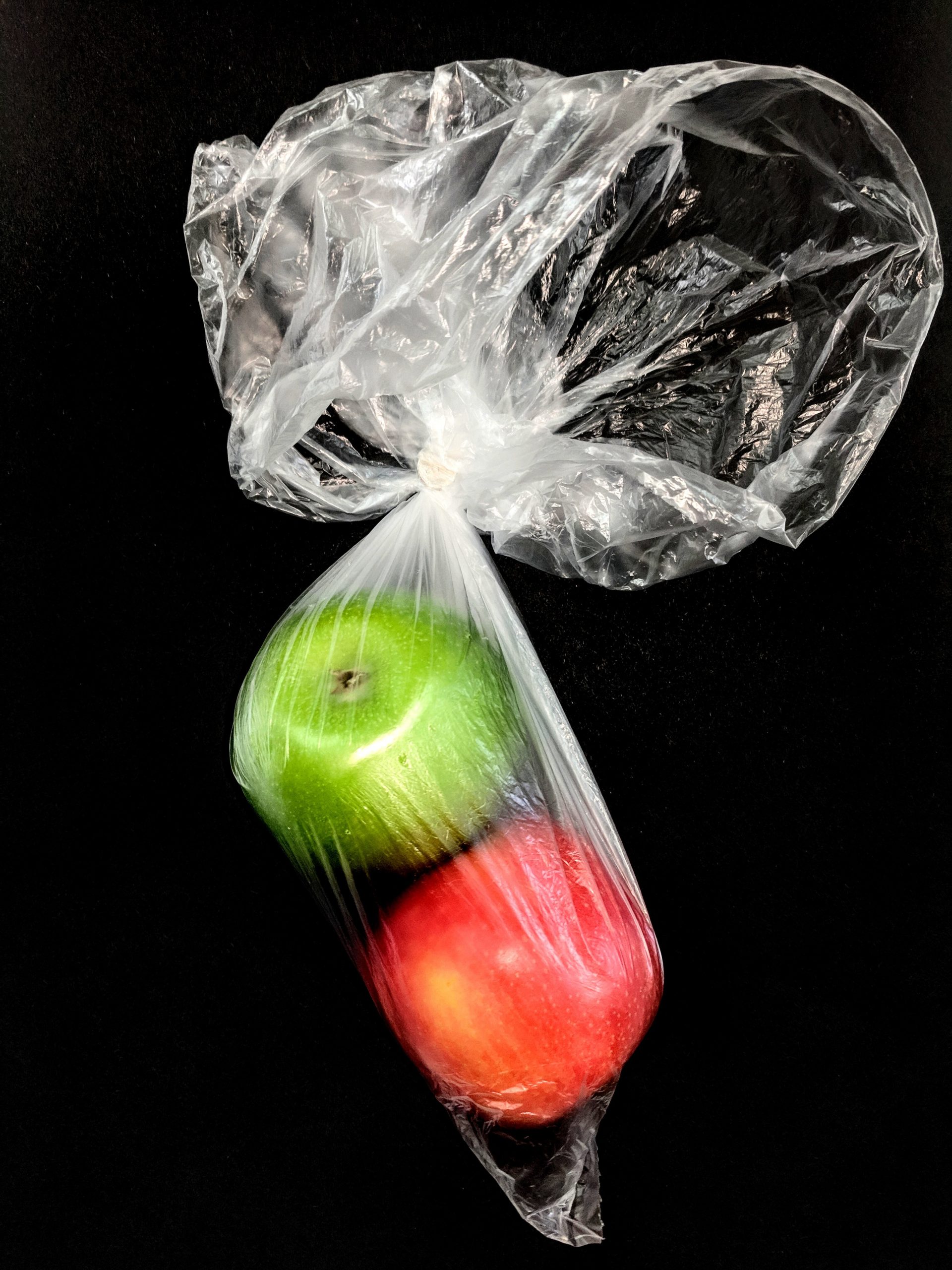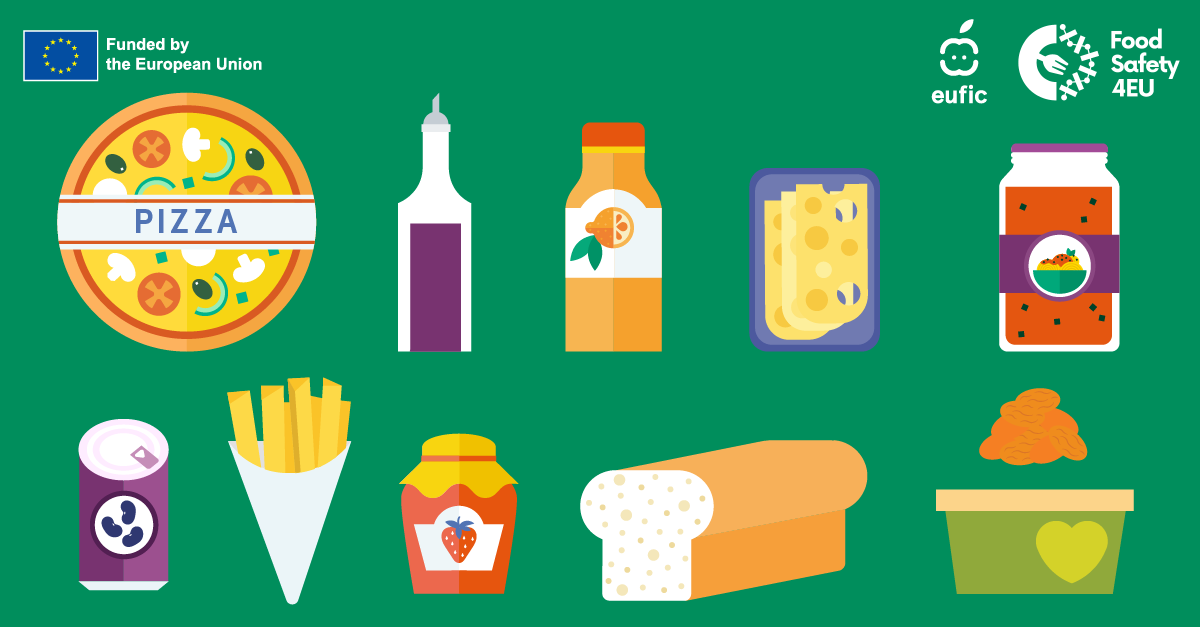New Tools for Preventing Harmful Bacteria in Ready-to-Eat Foods

A team of researchers from the National Food Institute at Technical University of Denmark (DTU Food) has been working on new predictive models and software to help stabilize ready-to-eat foods against growth of Listeria monocytogenes and Clostridium botulinum.
Listeria monocytogenes and Clostridium botulinum are both able to grow in chilled foods and to cause human disease when ready-to-eat products are consumed without prior heating. Foodborne disease due to Listeria occurs more often than for Clostridium. Both can cause severe symptoms, leading to hospitalization and death for 10-20% of affected individuals.
Many different foods have caused listeriosis and botulism. However, ready-to-eat seafoods including marinated and smoked products, deli meats, soft cheeses and some vegetable products are particularly critical, especially if growth of the bacteria can take place during the shelf-life of the product. Importantly, the repeated outbreaks of listeriosis due to e.g., smoked fish and different deli meats have demonstrated that current options for management including cleaning efforts are not sufficient and that improvement are needed. Therefore, in our opinion, to prevent listeriosis and botulism, growth of the responsible pathogens must be prevented in these ready-to- eat foods though formulation of the products such that they have been stabilized against growth within the shelf-life.
Molecular methods, including whole genome sequencing, are used increasingly and efficiently to identify foods responsible for outbreaks of listeriosis and botulism. This has been important to perform targeted recalls and limit the extent of specific outbreaks. The applied outbreak investigation approach, however, does not suggest how growth of Listeria and Clostridium in food can be prevented to limit future cases of disease and recalls.
Recently, mathematical models to predict growth and importantly also no-growth conditions for Clostridium in different foods has been developed. Similar validated models for Listeria have been available for some years. These growth and growth boundary models can predict combinations of product characteristics and storage conditions that prevent growth of the pathogens and thereby markedly facilitate the development of lightly preserved and ready-to-eat foods that are stabilized. These predictive models from our team at DTU Food in Denmark have been published and included in the Food Spoilage and Safety Predictor (FSSP) software (http://fssp.food.dtu.dk) to make them accessible to interested users. When shopping in supermarkets consumers, including individuals from the vulnerable groups, can today look at ‘use-by-dates’ on packed products. However, this does not allow consumers to determine if a product is stabilized to prevent growth of Listeria and Clostridium. The considerable and continuing number of listeriosis outbreaks in Europe calls for new initiatives to manage Listeria. Our suggestion is to use the knowledge we already have, to produce products that are made to prevent growth of Listeria and Clostridium and to label these products as STABILIZED. Such a voluntary label would be available to the industry and would allow consumers, including the elderly people, to select and consume nutritious chilled ready-to-eat products without having to be concerned with listeriosis or botulism.
By Paw Dalgaard and Lisbeth Truelstrup Hansen, Food Microbiology and Hygiene, National Food Institute (DTU Food), Technical University of Denmark, Kemitorvet, Building 204, 2800, Kgs. Lyngby, Denmark.
Latest Articles
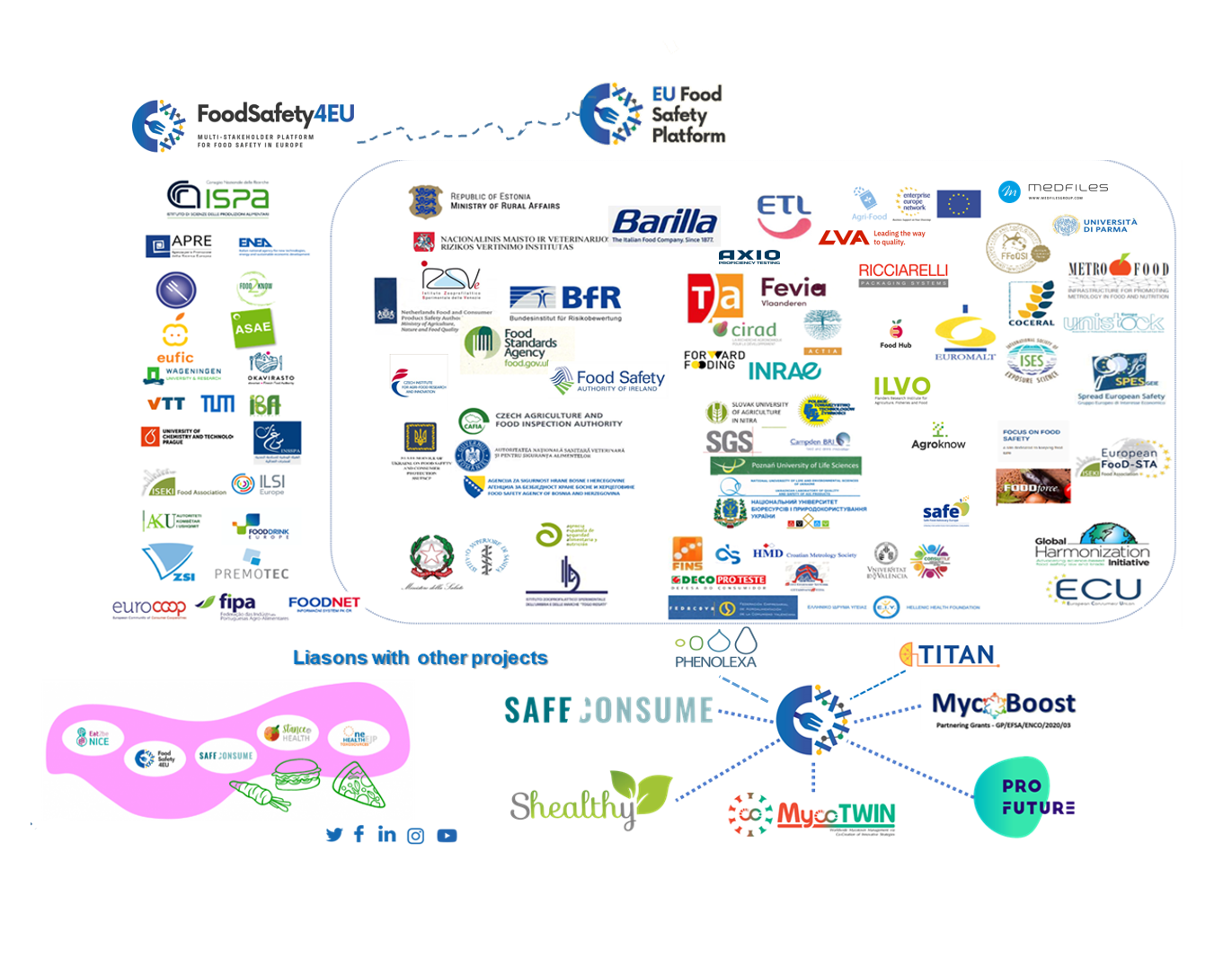
The EU Food Safety Platform: a journey from Bari to Brussels and beyond

Towards holistic, AI-driven emerging risk assessment: catching stakeholders’ needs in Living Labs
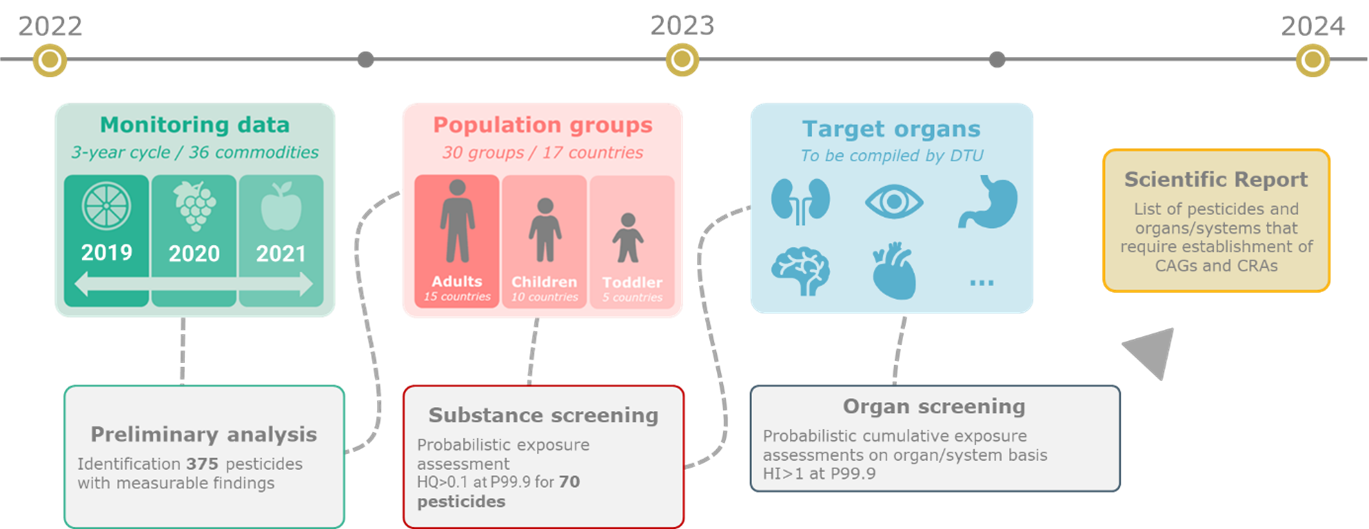
Protecting public health: understanding the importance of cumulative risk assessment of pesticides
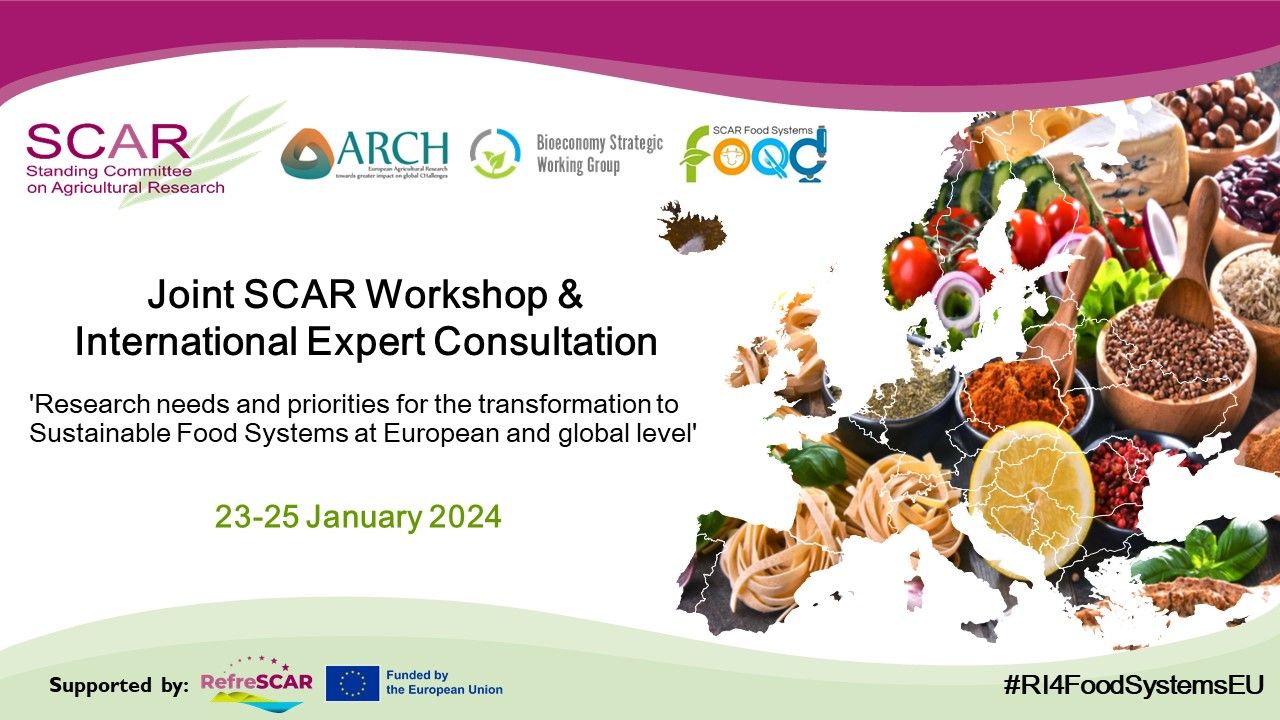
SCAR consultation workshop on Sustainable Food Systems: highlights from EU FOOD SAFETY PLATFORM
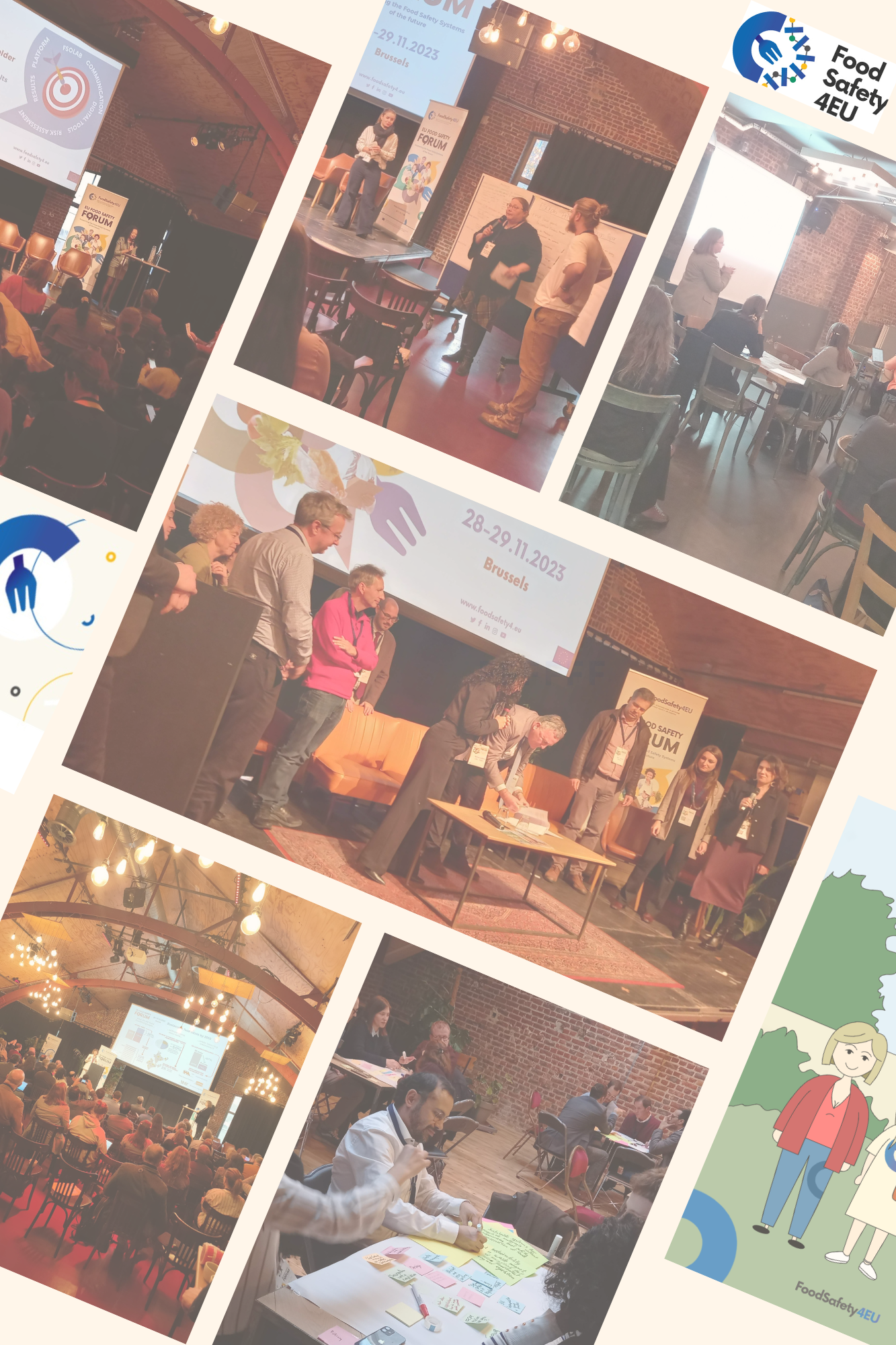
Pioneering advances in the EU Food Safety System: highlights from the first EU Food Safety Forum
Food4Future_cz

